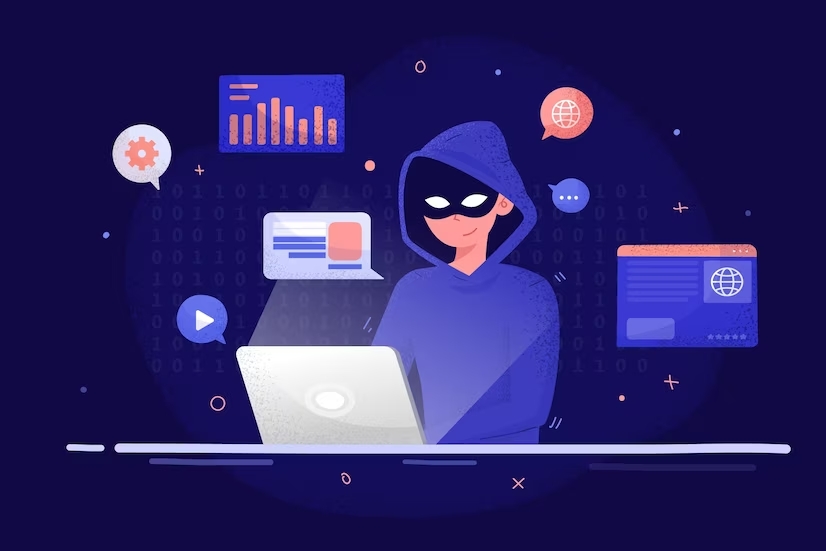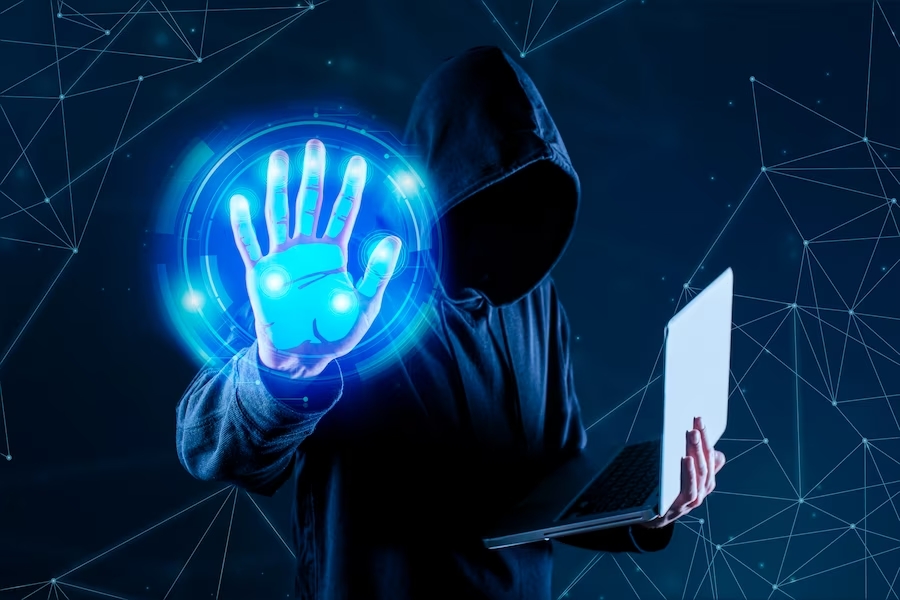How to Avoid Hacker Attacks? 8 Security Measures You Should Take
Computers require the same protection as apartments. When you go online, your device becomes part of the public network. Like an apartment, outsiders can break into a computer to steal something of value. Let’s have a look at the necessary security tips you need to follow.
How to Avoid Hacker Attacks? 8 Security Measures You Should Take

Do Not Follow Suspicious Links
Don’t click on suspicious links and download dubious files – even if a friend sent you a link on Skype. He could have been hacked, and the virus sent a link on his behalf.
Sometimes this happens: a stranger writes to you, offers to participate in a survey, promising to send money for it. When you go to the site, a virus will automatically download and install on your computer.
It also happens that you might visit a duplicate address of a website. For example, when you enter the Canadian online casino Bodog to play your favorite games, only one letter can be changed in the URL. This phenomenon is called URL spoofing, which refers to the misleading URL address that steals your important data. So, make sure to double-check the address you are entering in the browser address field – this way, you’ll safeguard your data from URL hijacking.
Install Antivirus
A virus can enter a computer in many ways. It is unnecessary to download it; sometimes, it is enough to go to an infected site or install a pirated computer game.
Antivirus is the protection of your computer. Modern antiviruses often duplicate firewalls, but they still have different functions.
Install a Firewall
A firewall is another standard computer protection program. Often, it is part of the antivirus software, so not everyone knows about it. The firewall blocks harmful programs that are not viruses but use the power of a computer and an Internet connection.
A firewall is an iron door and bars on the windows of your computer. Not putting it on is like leaving an apartment without a front door. Roughly speaking, your computer will first be robbed, and then scammers will imperceptibly penetrate it.
Many antiviruses have a built-in firewall, so it does not need to be installed separately. It is sometimes called a firewall or network attack protection. Check if you have a firewall. It may not be available in free antiviruses.
Encrypt Information
If you have sensitive information that no one needs to see, encrypt it. These do not have to be classified documents. It is reasonable to hide personal photos, correspondence, or work files from strangers.
Encryption is a strong safe that stores important data. Even if attackers steal, they will not be able to open the files.
Set Up Automatic Updates
Some viruses exploit a zero-day vulnerability. No protection measures help against them because they penetrate computers through yet unknown weaknesses in the software code.
You can take some comfort in the fact that such viruses first attack commercial and government organizations. They are difficult and expensive to develop, so they are used to steal money or important data and not just harm ordinary users. They distribute them purposefully.
Later, viruses begin to spread over the Internet. Usually, by this time, developers have found a way to close the vulnerability and release a patch. But, if you do not have automatic operating system updates configured, you are leaving the door open for viruses.
Use a Virtual Card for Online Shopping
The weakest point of bank cards is the openness of data. Sometimes, it is enough for an attacker to know the card number, expiration date, owner, and CVC2/CVV2 code to withdraw all the money from the account. This data is not so difficult to obtain – you enter it yourself when you make online purchases. If you come across a fake online store, this information can be used by scammers who will quickly withdraw all the money from the account.
To prevent this from happening, get a virtual card. When you want to buy something, just transfer money from the main card to it and immediately pay with it. Even if an attacker steals this data, he will not receive your money.
Use Password Managers
You cannot use the same password for all sites. If it is stolen, you will lose all accounts at once, and each one will then have to be restored for a long time.
However, remembering many different passwords is hard. And it is not safe to write them down in a notebook. It is better to use special password managers that will remember them for you and, if necessary, insert them into the data entry fields.
If you do not want to use the manager, come up with more complicated passwords.
Monitor Computer Performance
If the computer suddenly starts to slow down and freeze, you may have infected a computer with a hidden program. An antivirus may not detect it because it is technically not a virus. Sometimes, a firewall won’t help either.
Such a program can be tracked only by a sharply increased load on the computer. To do this, just check the task manager. If an unknown program is using all the resources of your computer, disable it and remove it from the hard drive.

















